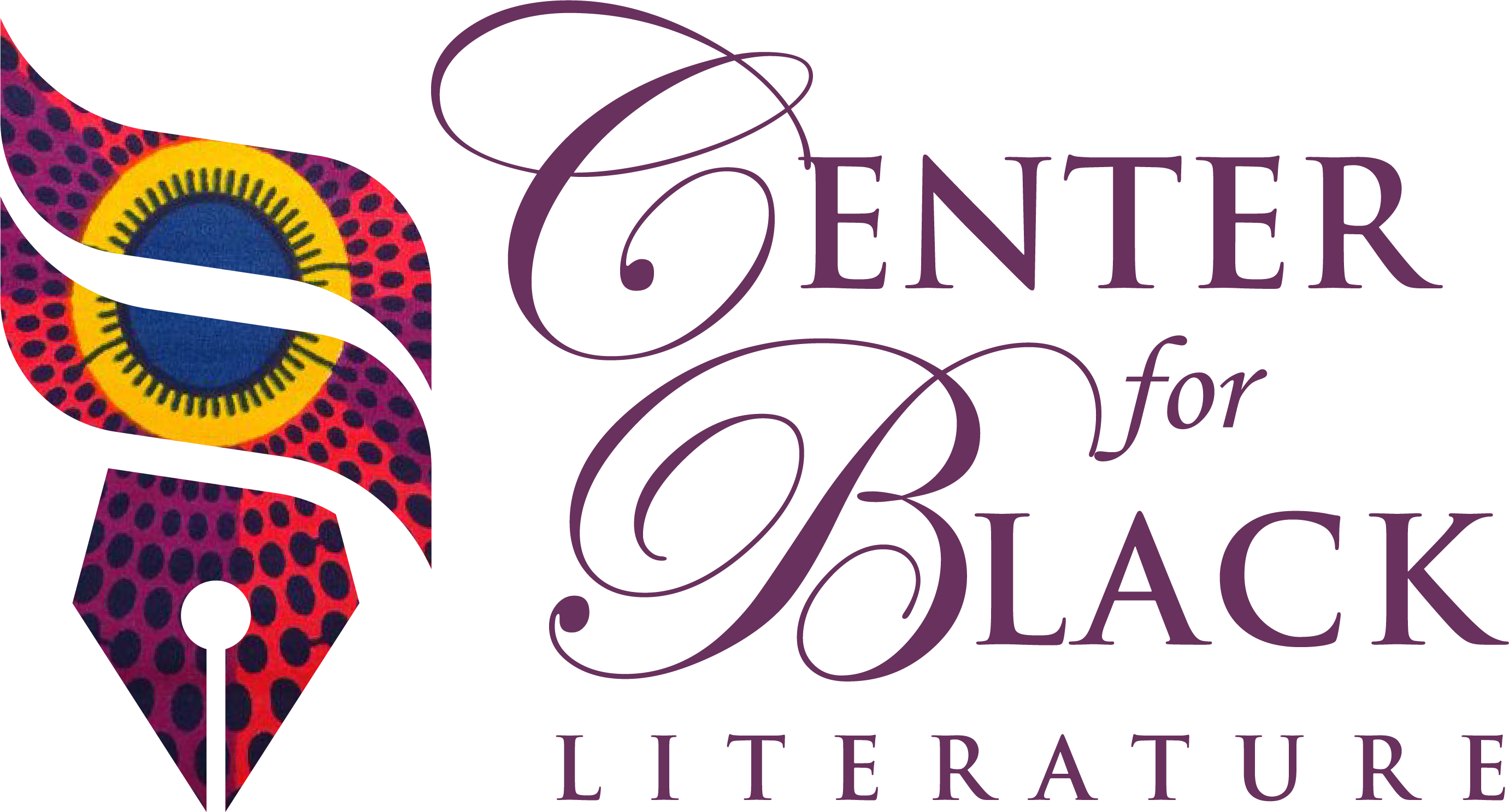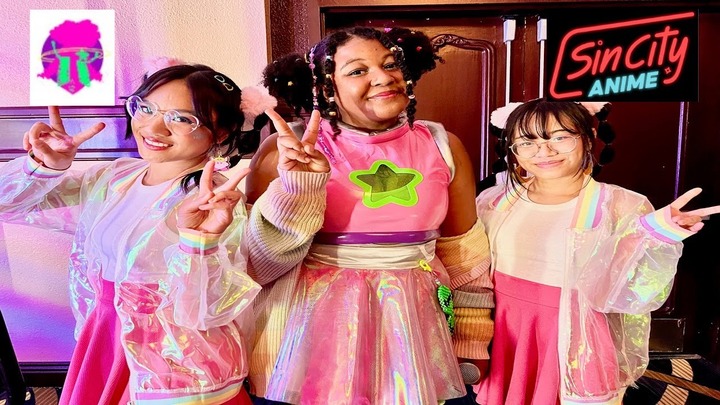Tremira Mitchell | One of my favorite music genres is J-pop, also known as Japanese pop. My love for J-pop started back in middle school, after listening to various songs from anime soundtracks. Although I couldn’t understand the language, it resonated with me. It had such a unique sound that stood apart from American music that plays on the radio.
Around high school, I stumbled upon the Love Live! series, specifically the second season entitled Love Live!: Sunshine!! (2016). This season features an original storyline about Japanese high school girls who form an idol group, named Aqours, to help save their school from closing down. What made it stand out for me was that the voice actresses in the series also performed the songs live and released their own albums. It’s a big dream of mine to attend an idol concert.
Since then, I have discovered many more idol groups, and I am currently hooked. If I could only listen to one genre of music, I would choose J-pop. It is thanks to J-pop and anime for sparking my interest in wanting to learn more about Japanese culture and the Japanese language. Around February of 2022, I discovered a brand-new side to idols: kaigai (overseas) idols. Kaigai idols have an immense love for J-pop culture and perform with a very similar style. Many of these idols are independent artists and aren’t affiliated with any music label or production company. To support themselves financially, they ask for donations online. This helps to cover the costs for music production, costumes, music video shoots, etc.
The overseas idol community proves that you don’t have to be Japanese to be an idol. Much of their music takes influences from J-pop and features stylish and statement-making costumes based on those worn by Japanese performers. I really enjoy listening to their interpretations of J-pop music and I wish more music sounded like this. However, like many communities on the internet, it does have its issues.
The term “kaigai idol” was created by Paida, a Black idol hailing from Texas (her name is pronounced “Pie-duh”). Paida got her start doing cover songs before eventually creating her own original songs online. As of today, she has performed in over thirty-five live shows, five of them in Japan. Paida has established a reputation for herself, with her soothing vocals, catchy songs, and unique space-themed aesthetic. In Japan, this fashion style is called “Uchuu Kei”.
I adore Paida so much and she’s become such an inspiration to me. It warms my heart seeing someone that looks like me singing cute songs and dressing so lavishly. She inspires me to be more confident and to dress in a similar way. However, many people online seem to think otherwise. Many have commented that Paida is “cringy” or “weird”; some have implied that only Japanese people can be J-pop idols. I have also seen people say that she isn’t “Black enough” because of her interest in cute aesthetics. Paida isn’t afraid to share with the world what she must deal with as an online content creator. It shocked me the first time around when I saw a story on her Instagram where she talked about the comments haters were making on her TikTok page. For the record, TikTok is a cesspool for toxicity and racism, and at the end of the day, the platform does not care about online harassment. For that reason, you will never catch me ever creating an account.
The comments Paida shared were hurtful, yet I wasn’t surprised. The internet has this issue with Black people, and we must be viewed under a microscope. Who are these strangers to tell Paida that she can’t be making J-pop songs when she studied Japanese and even traveled to Japan? Who are they to tell her that she can’t dress the way she does? Who are they to tell her that she isn’t “Black enough” because she’s into cute, colorful aesthetics?
This is just really upsetting as a Black girl myself who is into cute, colorful aesthetics and has an interest in Japanese culture. It’s like these people don’t want us to have fun. We should be able to express ourselves without being judged for it. Fandom doesn’t have a problem with people having fun, until they see a Black person engaging with it. It’s just not fair; we deserve to feel safe in fandom. We deserve to have fun and enjoy anything that we want.
At the end of the say, I believe that this is all rooted in racism. It doesn’t help that many fandom spaces are overpopulated by white people. Simple pleasures such as cosplaying as one’s favorite character are an issue for them. Many people in these fandom spaces have racist ideas, and it’s very discouraging. But that doesn’t mean that these spaces are all bad and no one should engage with them. In the end, the hate is overshadowed by love and support from so many kindhearted fans.
We deserve more Black idols. Black people, especially children, deserve to have role models to look up to and someone to represent them in the idol community. There’s plenty of other Black idols out there besides Paida. So, let me shout out a few of them. Some of these idols include rapper AfroShoujo from Arkansas (and her farm-core idolsona Häschen Mädchen), Lara from indie group IceQream based in Canada, Miyu (who is Japanese and Somali) from Canadian group NonSweet, and alternative group Cyber Nemui based in the U.S. I’m uncertain if there are any Black male idols out there and I would also love to find out about any Black trans or non-binary idols.
If given the opportunity, I’d like to become an idol too, despite having zero experience singing or dancing. I really admire the aesthetic and getting to perform in front of many enthusiastic fans sounds like a lot of fun. At the end of the day, just let us Black people be ourselves, however we choose to define our identities. Let us be cutesy and colorful or dark and grim. Let us sing upbeat pop songs or soothing ballads or scream death metal into mics. Let Black people be idols.

